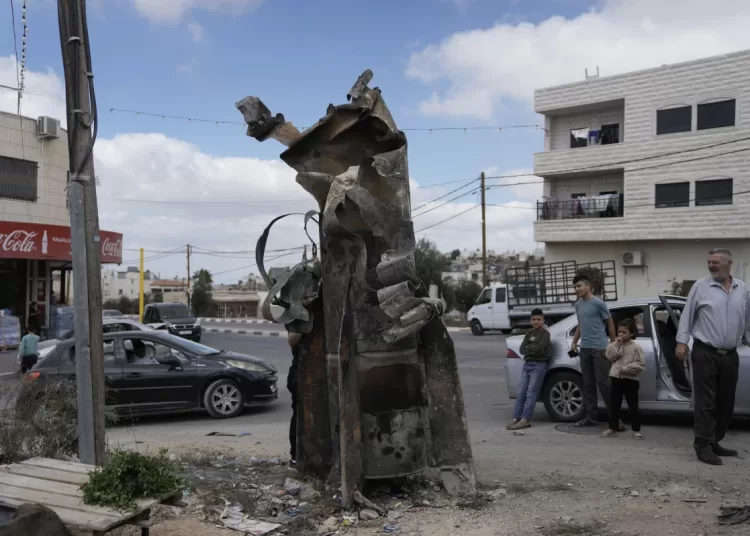JERUSALEM — Israel has promised to retaliate for Iran’s massive missile attack last week. How it does so involves great risk, and could have major repercussions for the archenemies, the Middle East and the world.Israel’s options range from symbolic strikes on military targets to crippling attacks on Iran’s vital oil industry or its secretive and heavily fortified nuclear programme.
The intensity and timing of any retaliatory strike was expected to top the agenda of a planned meeting this week at the Pentagon between Israel’s defense minister and his U.S. counterpart. But late Tuesday, the Pentagon said the meeting was abruptly postponed.In a sign of possible disagreement over the right approach, President Joe Biden has already urged Israel not to hit Iran’s nuclear program and discouraged it from hitting the oil industry.The Associated Press spoke to two former Israeli prime ministers and other experts to explore Israel’s options. There is broad consensus that Israel must strike back, but deep disagreement over the best way to do so.
“The question is not whether Israel will retaliate or respond,” former Prime Minister Ehud Olmert told AP. “The question is which way.”






Discussion about this post